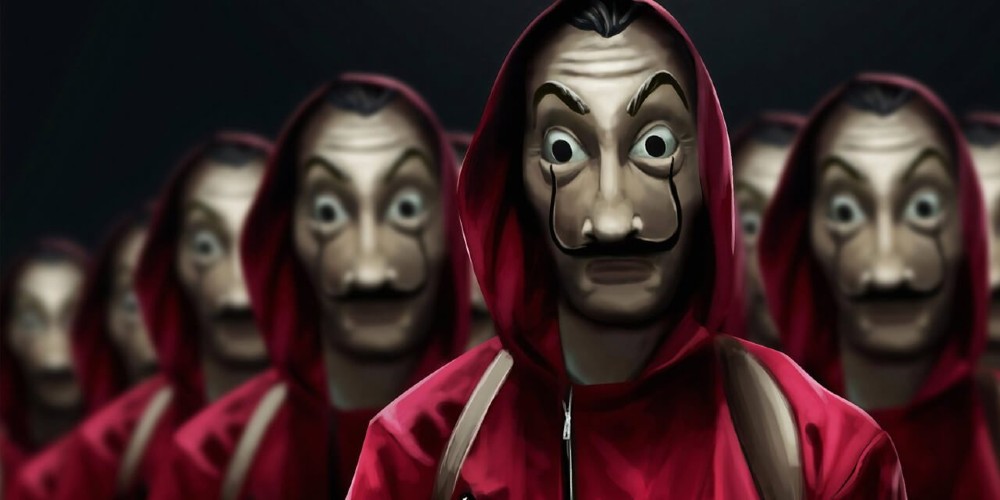BY VK SHASHIKUMAR
Several revolts are streaking through Europe, sparked by Brexit. Signs of a year of revolutions in Europe are deepening every passing day. The response of the reactionary elites may just strengthen the revolt of the masses. The script is strikingly similar to the convulsions which gripped Europe in 1848. But there is one big silver lining that might redefine democracy in the 21st Century – the powerful idealism of Europe’s youth, women and men, who want to reshape globalization meaningfully to make the world they inhabit more deeply integrated through the practice of just, equitable and fair practices.
Europe’s young women and men have to find a way to transfer their vision of an integrated Europe to stultified mind-sets of their elders. Europe’s middle-class citizens (in the age group 50 years and above) feel dis-empowered and are deeply troubled by rising income inequalities. According to YouGov poll an overwhelming majority of UK citizens above the age of 50 voted for ‘Leave’. Meanwhile, 75 percent of UK’s 24 to 18 year olds reported voting ‘Remain’.
UK’s EU referendum has exposed several divides in Europe –cities vs rural hinterland, failing industrial belts vs booming digital economies of urban areas, falling standards of social security infrastructures and schemes accompanied by rising income disparities vs rich becoming richer. Europe’s young armed with their integral vision of their national identities nestled comfortingly within their wider European identity are better placed to mount an inspirational challenge to the Eurosceptic mood gripping the continent.
They have displayed a nuanced social and political understanding why their senior citizens feel EU has made their lives miserable. Latest youth unemployment statistics corroborate the wisdom of European youth. The unemployment rate in the youth age groups are much higher, even double or more than double, than unemployment rates for all ages. Yet, they voted ‘Remain’ and continue to remain optimistic about Eurozone in sharp contrast to their elders who are despondent about their miserable lives caused by unemployment and falling incomes.
The median age of the EU-28’s population is around 42.2 years. This means that half of the EU-28’s population is older than 42.2 years. According to Eurostat, “the proportion of people of working age in the EU-28 is shrinking while the relative number of those retired is expanding. The share of older persons in the total population will increase significantly in the coming decades, as a greater proportion of the post-war baby-boom generation reaches retirement. This will, in turn, lead to an increased burden on those of working age to provide for the social expenditure required by the ageing population for a range of related services.”
It is important for Europe’s elders to recognize and understand an indisputable fact – whether they wish to remain in Europe or succumb to the narrow selfish demands, they cannot shrug off their dependence on their younger compatriots. There is incontrovertible evidence that Europe’s old need their young to live honorably and in dignity. Given the trend of Euroscepticism coalescing with older population, most of EU-28’s 506.8 million people might further move towards anti-EU populism. To arrest this Europe’s political, social and business leadership must find ways to engage younger citizens to co-create a European revival strategy.
The young Europeans with their entrepreneurial mind-sets know best how to contend with the revolt of their elders. This could be the most significant leapfrog strategy for the continent ahead of next year’s 60th anniversary of The Treaty of Rome, which established The European Economic Community. The vaulting ambition of a unified Europe unleashed similar aspirations across the world in 1958. Several historians suggest with the benefit of hindsight that the political and social seeds of the European Economic Community were planted more than a century earlier, in 1848.
The year, 1848, unleashed a series of political upheavals which set the course of Centennial Journey (till 1948) encompassing the expansion of colonialism, formation of nation-states, establishment of democracies, onset of technology led mechanization and industrialization, two World Wars, de-colonization and the setting up of the United Nations.
1848 – A year when uncoordinated, incoherent public movements mobilized by largely leaderless groups of disadvantaged people ignited revolutionary changes. Protests were fueled by the hardship of the working classes in the backdrop of the agrarian collapse of 1846. This happened at a time when rudimentary media had established enabling spread of political awareness. This was also a time when the birth of democratic values was beginning to find consolidation. The Communist Manifesto (written by Karl Marx and Friedrich Engels) was published in February 1848. It was around this time that the German middle class mobilized by the Communist Party began agitating for universal suffrage and abolition of feudal duties amongst other demands. A similar revolutionary spirit took root in France and elsewhere in the continent spurred by rising price of food, crop failures, food shortages and unemployment. Rural feudalism combined with horrible living and working conditions of industrial workers sparked revolts across Europe.
The land owners and the political aristocracy used brute power to control the revolting masses, but the game changing democratic ideas and ideals pushed by Europe’s disadvantaged citizens had begun to irreversibly rewrite the rules of power-sharing. Hundred and sixty eight years (168) later Europe is witnessing a similar upsurge of people power against governments and institutions. But 2016 isn’t 1848 because this time around the rise of people power is accompanied by strong pessimistic, punishing, nationalistic headwinds matched by buoyant tailwinds optimistic of a resurgent, unified Europe.
UK’s salaried middle class, largely in the age-group 50 years or more, is hurt, hurting and are in a relentless mood to punish the political and business elites. The headwinds generated by their ‘retributive’ backlash can be moderated and persuaded by the energetic tailwinds fanned by UK’s and Europe’s youth. The political, social and business leaders and opinion makers in Europe, therefore, have both a historic opportunity as well as responsibility to channelize the energies of their youth to re-imagine a new “vision of Europe”. If there was ever a need for elites to back the revolt of the masses, then it is the revolt of Europe’s young changemakers who voted ‘Remain’ which needs their support. Clearly, this is Europe’s moment to set in motion changemaking processes which question everything on everyone’s behalf to remake EU which works for the good of all.
If this happens it will be historic because it will reshape democracy in Europe, it will create genuine impetus for further integration, fair incomes and opportunities and equity. The world’s senior citizens living under a variety of political dispensation are better betting their future on the wisdom of global digital natives. They are more integrated globally than any other generation preceding them. Their minds do not respect geographical boundaries or slavish nationalism. They don’t see globalization as the root of multiple crises in their societies as their parents do. In fact, they want to make globalization more equitable and democratic.
In the short term, it appears that the contrarian pulls of the headwinds of the old and tailwinds of the young will tear the social fabric of UK and Europe asunder. An alternative reality is possible if Europe’s younger citizens take the responsibility of envisioning a new Europe.
Europe’s first ‘Spring of Nations’ in 1848 eventually led to creation of nation-states, abolition of feudal privileges and structures, free press, a culture of political accountability and rule of law. The world, now, awaits the ‘Spring of Nations’ – Version 2.1
(VK Shashikumar is an investigative journalist and a strategist. The opinions expressed by the author and those providing comments are theirs alone, and do not reflect the opinions of Canary Trap or any employee thereof)


